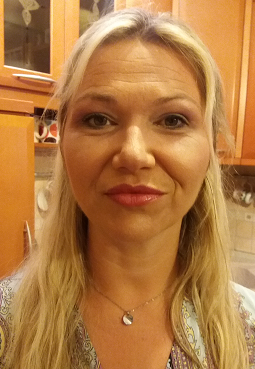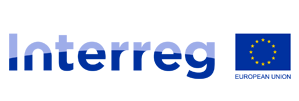Knowing the cross-border culture and language is as important as knowing your own
I work as an Italian teacher at Elvira Vatovec Prade Primary School, in Koper (Slovenia). I’m the assistant head teacher and I take care of 6 to 11 year-old pupils.
I also have the opportunity to work with the wider local community and the municipality of Koper because I am involved in a number of international projects, where I can test new didactic approaches, research my own practice and implement new teaching methodologies.
My biggest daily challenge is to get my students excited about the Italian language and culture. The Italian language is present in the ethnically mixed area of Slovenian Istria, but students have few opportunities to learn the language authentically.
I wanted to offer my pupils an Italian experience: visit our cross-border area, talk to native speakers, read signs in another language and make meaning of the Italian language.
As I work with the youngest children, I am aware of how crucial it is to tap into children’s synapses and enable the spontaneous acquisition of a second language. I wanted to offer my pupils an Italian experience: visit our cross-border area, talk to native speakers, read signs in another language and make meaning of the Italian language.

Thanks to EDUKA2, a project co-financed by the INTERREG V-A Italy-Slovenia programme, I had the opportunity to focus on cross-curricular integration, working with history, geography, music, and fine arts teachers to develop different materials. Now I’m even more focused on exploring the history and culture of my own place. I pay attention to bilingual inscriptions and translations.
An online game for the young to explore their surroundings during the pandemic
EDUKA2 developed an online interactive game to engage the young while they had to attend classes from home due to COVID-19. The game offered the students the chance to explore their surroundings and the cross-border area. Knowing your own culture and language is just as important as knowing the cross-border culture and language. Interreg offers opportunities for regional development, networking of young people, career development and the creation of awareness of a common cross-border area that must be known, respected and preserved.
The benefits brought by the project did not only affect my students. Working in the cross-border cooperation field encouraged me to enroll in the Language and Intercultural postgraduate program at the Faculty of Humanities in Koper. In my Ph.D. thesis, I’m researching the development of communicative competencies in Italian, related to younger children. The knowledge of the theoretical foundations of didactics allows me to research and find the most effective strategies to teach a second language.
Finally, I would like to highlight the professional growth made possible by taking part in an international project. Thanks to the EDUKA2 project, I have met new professional colleagues from other schools within my home area and across borders. We were always working together professionally to prepare didactic material, looking for opportunities to hold workshops, and communicating with the school and local institutions. For me as a teacher, the authentic experience of the EDUKA2 project was also invaluable. I still keep in touch with the people who participated in the project.
More information
The EDUKA2 project run from 2017 to 2019 with the aim of establishing common governance tools and shared educational and teaching models.
The project was delivered in partnership between the Slovenian Research Institute, the Slovenian Institute for Ethic Studies, the Società Filologica Friulana (Italy), Ca’ Foscari University of Venice (Italy) the University of Nova Gorica (Slovenia) and the University of Primorska (Slovenia).The project was financed by the Interreg V-A Italy-Slovenia Programme.

